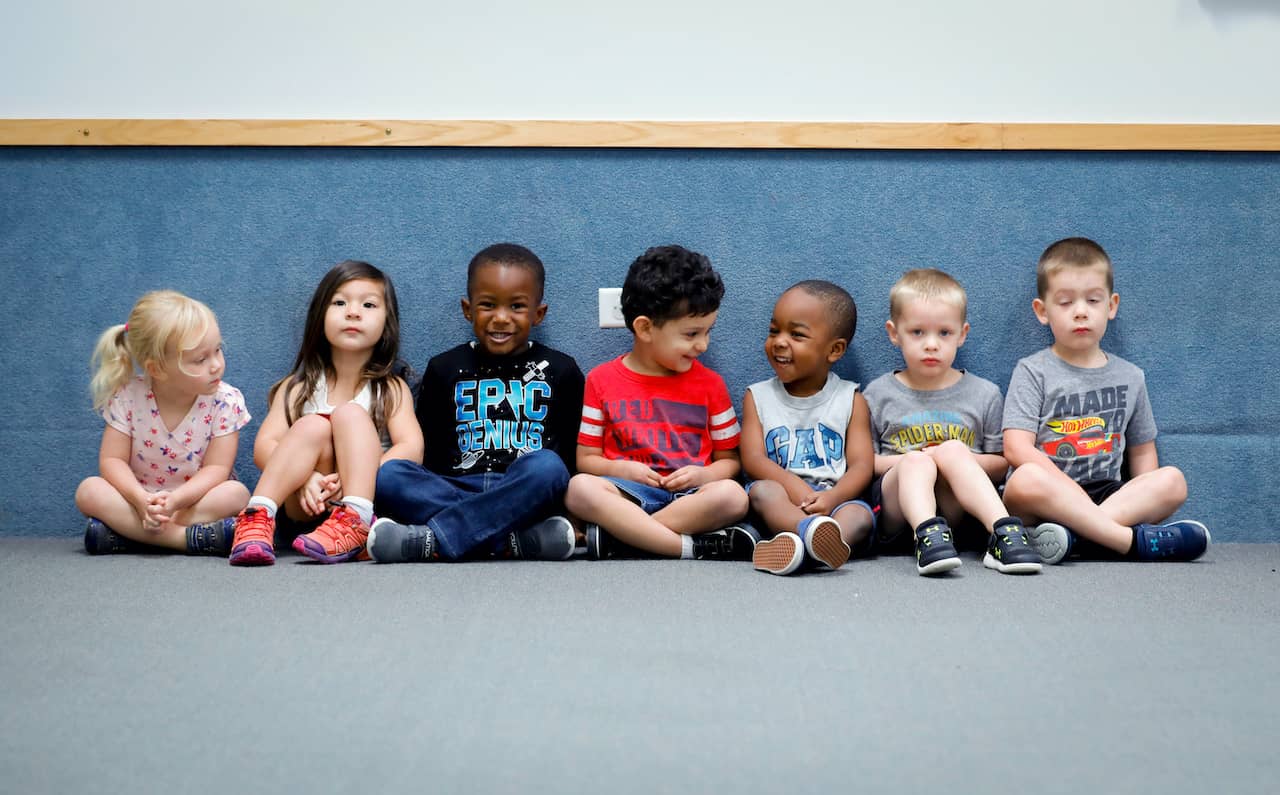/GettyImages-174429202-c3e0778de66640bda3d5ef6612a79daf.jpg)
If you have ever felt like your child is antisocial or struggling with making friends, you are not alone. While it’s common for children to struggle with social skills, there are many things parents can do to help them overcome this obstacle. Read on to learn how to improve your child’s social skills and stop them from feeling left out or left behind when making friends and interacting with others.
Play with Children
Kids learn social skills by interacting with other children, so they need to play outside and engage in sports and games. As a parent, you can also play an essential role in helping your child develop healthy social skills by spending quality time with him. While playing video games or watching TV might seem like good bonding opportunities, they teach your child limited social skills and discourage healthy face-to-face interactions.
Introduce Them to Friends
One of the best ways to help your child develop social skills is simply by introducing them to friends. Take time out of your day and let them play with other kids. You can also look for opportunities for these kids to play together outside of school, such as having a play date at home or organizing a group outing. If you’re worried about them making friends quickly, go ahead and introduce your child into a couple of groups. That way, they get used to meeting new people and getting along with them.
Encourage Sports Participation
If your child struggles with social skills, encourage them to play a sport. Team sports help kids resolve conflict and interact more easily with other children. They also build valuable skills like discipline, focus, leadership, and accountability. Once your child has some experience playing team sports, you might find it easier for them to make friends and find common ground with their peers.
Develop Their Interests
Children develop many of their social skills in extracurricular activities. There, they will have a chance to interact with people outside of their immediate peer group and make lasting friendships.
If your child doesn’t have a natural inclination toward a specific activity, try getting them involved in one that interests them. Children who are into something—whether it’s dance or playing piano—tend to excel when allowed to practice social interaction.
Enroll Them in a Good School
Good schools are beneficial for many reasons. Children at school will have opportunities to socialize with others their age, learn valuable skills, and more. However, it can be costly depending on where you live. If you want to move your kids to a different school after elementary, choose an excellent middle school with an exceptional curriculum, teachers, and after-school activities.
There’s no doubt extracurricular activities will help your child gain social skills. Some parents worry that these programs may be dangerous or unsupervised. Still, if you trust your child’s teacher, you should feel confident they will only enroll them in trustworthy programs to improve their social skills.
Learn All About Emotions
From shyness to bullying, kids learn about social skills at school and home. When kids learn how their emotions influence their interactions with other people, they can develop friendships more easily. Encourage your child to take an interest in their feelings by having regular discussions about emotions like happiness, sadness, fear, and anger. And talk about what actions make these feelings change.

Consistently Use Positive Reinforcement
Kids thrive when they receive positive reinforcement, from a smile, hug, or a thank-you. By consistently using positive reinforcement, your child will learn healthy social skills such as active listening and responding to others’ ideas. When they feel appreciated for their hard work and good behavior, they’ll become more confident in their abilities. Over time, that confidence will translate into solid social skills like communicating with others and working in teams.
Get Your Children Involved in Activities That Include Other Kids
If your child is an only child or otherwise does not spend a lot of time around other kids, they need to develop social skills. Try to get your children involved in activities where they interact with other kids (or even adults). These opportunities give children a chance to try out their conversational skills and learn what works and what doesn’t.
Look for sports teams, scout troops, music classes, and youth groups for guidance here. Be sure to also involve older children in younger siblings’ lives when possible. There are many ways you can engage in family-friendly gaming nights.
If you’re looking for tips to help your child develop social skills, use these tips as a guide. By helping kids practice these skills, they can learn to work well with others and make friends.
Whether you notice that your child is having difficulties making friends or if you want to help ensure they are ready for school, consider implementing some of these techniques into their daily routine.





More Stories
Financial Modeling for Startups: A Roadmap to Success
Understanding Lab Grown Diamonds: CVD Technology Explained
Lab Diamond Tennis Pieces of jewelry: The Apex of Present day Tastefulness